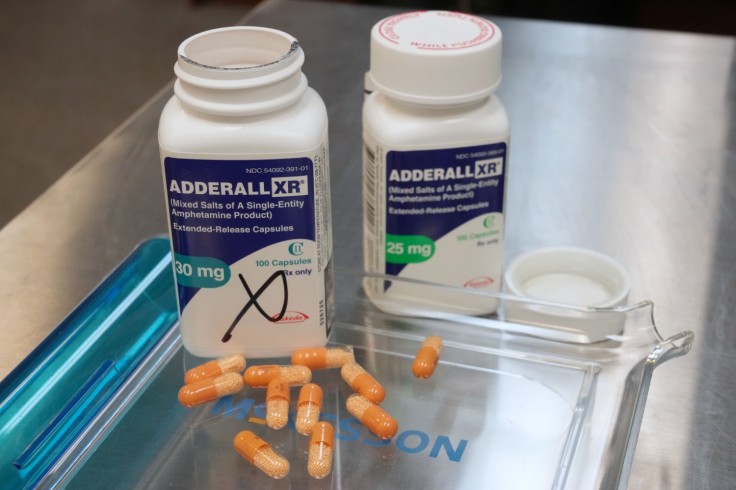Access to ADHD medication, including Adderall pills, could potentially be disrupted following the indictment on the telehealth fraud business distributing cheap medications.
In a public notice on Thursday, the Center for Disease Control and Prevention noted that the indictment of the Done Global CEO could impact "as many as 30,000 to 50,000 patients ages 18 years and older across all 50 U.S. states."

Done Global, along with its CEO Ruthia He and clinical president David Brody, was charged for distributing over 40 million easy-access Adderall and other ADHD stimulants illegally even with "no legitimate medical purpose."
According to the Department of Justice, He and Brody started their operations during the peak of the COVID-19 pandemic amid the surge in demand for Adderall as millions of people were stuck inside their homes.
The Department estimated that the ADHD distribution scheme generated Done Global over $100 million from defrauded customers.
Also Read : FDA Confirms Adderall Shortage
CDC Warns of Dangers in Consuming Counterfeit ADHD Drugs
The CDC warned that the purchase and consumption of ADHD medications outside of the regulated healthcare system could potentially increase the risk of overdose and addiction.
The public alert came as Adderall and other ADHD medication supplies have just started to recover following a two-year-long shortage.
At least 7 million children aged 3 to 17 years old are estimated to have been diagnosed with ADHD in the US alone.
US Gov't Heightens Illegal Prescription Drug Trades Amid Shortages
The crackdown on illegal ADHD drug distribution follows recent government efforts to crack down on easy-access prescription medications amid nationwide shortages.
Last year, the US Food and Drug Administration started cracking down on unauthorized distributions of semaglutide consumables, the same weight-loss drug used in Ozempic and Wegovy.
The crackdowns started as nationwide supplies for Ozempic, a diabetic drug, and Wegovy, a registered weight-loss medication, dwindled as influencers began recommending both drugs as effective methods for weight loss.
The shortages have also sparked the rise of unregistered counterfeit products being sold online and in illegal medical stores across the country.
Related Article : TikTok Cracks Down on Ozempic Influencers in New Content Policy









